This final entry looks back at some of my previous blog entries – all written in connection to one published paper – to suggest it is possible (and even necessary) to ‘play with research’ in health and physical education. However, to do so requires reimagining and expanding what we so often consider ‘outcomes.’
Wearable digital technology
Physical educators are challenged to integrate technology into their curriculum during the current growing tide of technological advancements. This entry brings teachers’ perceptions of incorporating digital technologies in physical education and the influence this had on their pedagogical practices. The author will discuss teachers’ barriers and students’ learning and engagement using pedometers in physical education classes.
Classroom teachers and administrators views of teaching health and physical education
The research discussed in this blog entry investigates classroom teachers’ and administrators’ views of teaching HPE, including physical activity behaviors, in primary schools in New Zealand. The findings support Bandura’s theory of self-efficacy that underpins teachers’ feelings towards achievement and successful outcomes. Moreover, this research brought understandings of common themes in developing strong HPE curriculum and its implementation within a school system.
‘Playing with research’: (Un)coding?
Recruiting Students into PETE Programs
This blog aims to summarize (to the best of my ability) the recent PETE Collaborative on recruitment and retention into PETE programs. The discussion audio can be found by searching “Playing with Research in Health and Physical Education” Podcast on Spotify, Apple Podcasts or most anywhere you listen to podcasts, or by clicking here. The discussion was rich and the chat was very active during the collaborative. It is our attempt to summarize the key points in this blog.
‘Playing with Research’: Theory Troubles
Enacting a body-focused curriculum with young girls through an activist approach: Leveraging the after-school space
This entry provides an overview of the after-school curriculum referred to as GIRL (Gaining Insight through Reflexive Learning) through an activist approach (Meza & Marttinen, 2019). Two coaches worked together to develop a safe and supportive environment establishing a trusting relationship with the students. As a result, effective teacher practice through an activist student-centered approach was able to strengthen the relationship between the girls and physical activity bridging towards lifetime physical activity and literacy.
‘Playing with Research’: Writing as Inquiry?
This entry turns to Laurel Richardson’s (2000) notion of writing as a method of inquiry. It builds on my previous entry, in which I played around with poetic transcriptions. For Richardson (2000), poetic representation is one of many creative analytic practices through which to experiment. Here, I play with writing as inquiry to show a small part of the process that produced a ‘final’ publication…
Sept Collaborative Part 2: Relationship Building and Creating a Sense of Belonging
September PETE Collaborative
On September 10th, 2020 we hosted the 7th PETE collaborative. You can listen to it here. This session focused on the conversations around the following four topics:
Development of relationships and sense of program belonging with preservice teachers
Facilitating effective field experiences
Delivering activity and methods courses
Continuous professional learning for PETE faculty members
The blogs that will follow will summarize the resources that were shared during the discussion. It’s important to note that the goal of the collaborative this time was to focus on things that are going well and to share those resources. This blog covers the last two sections of our meeting.










